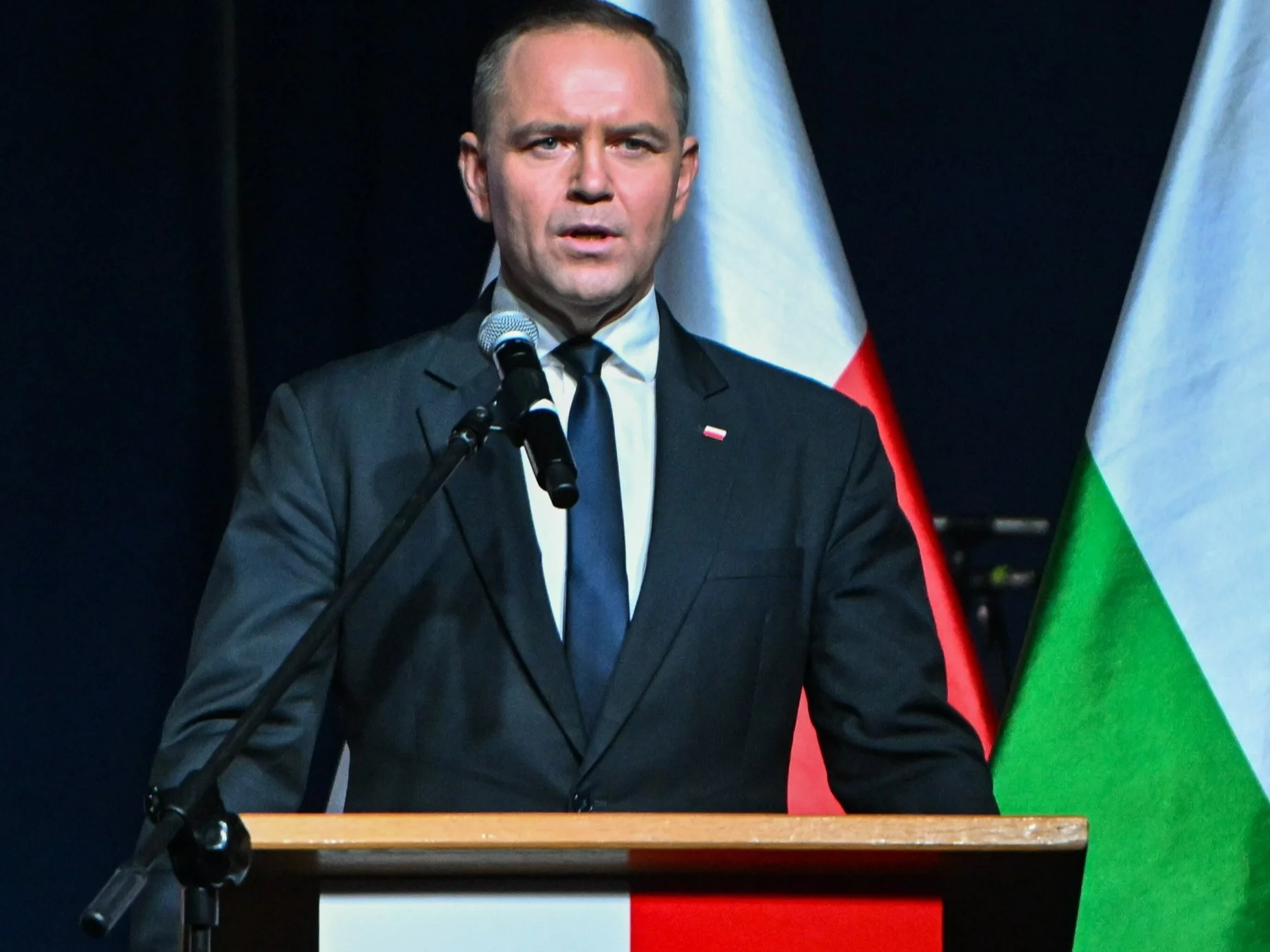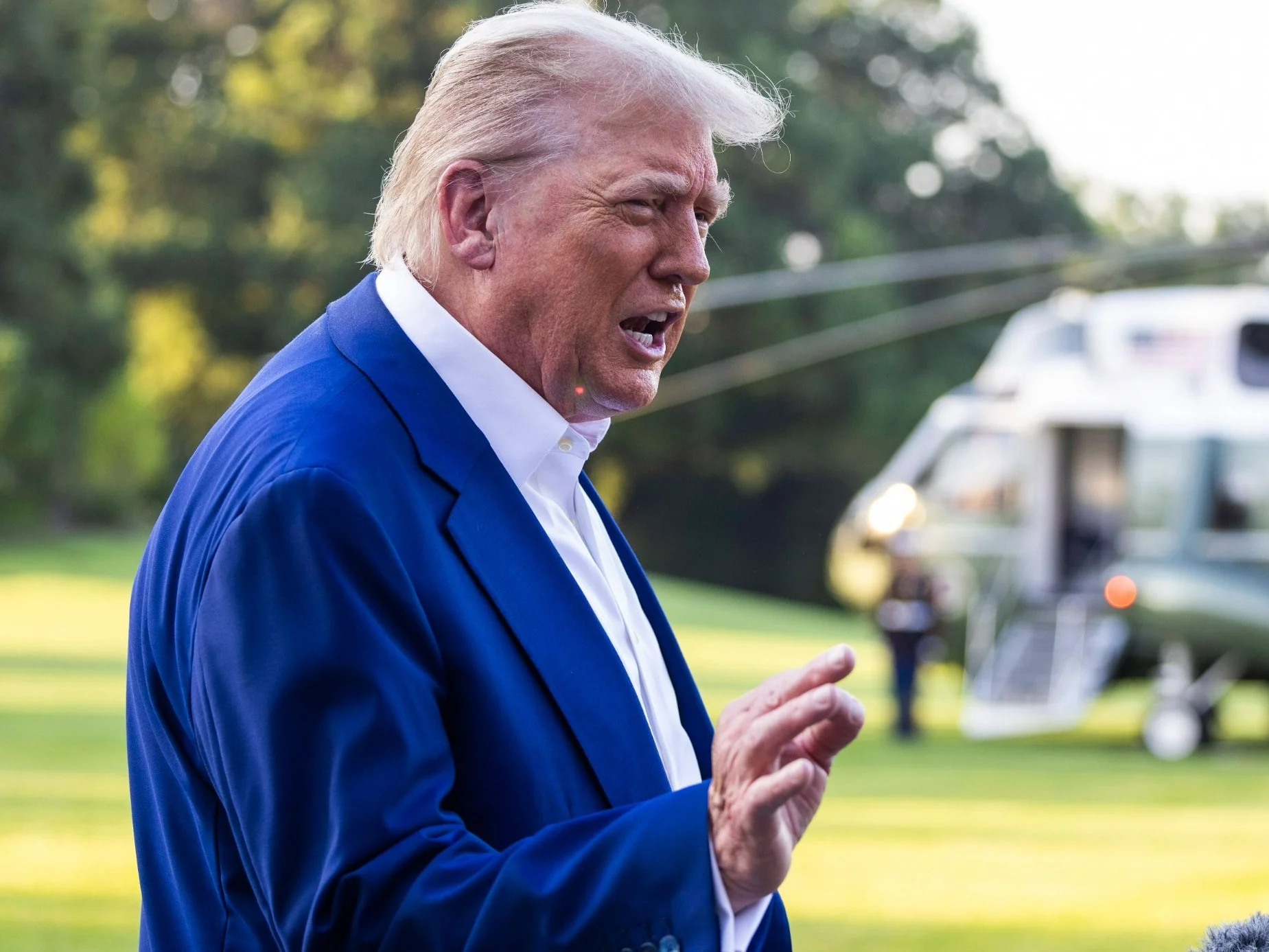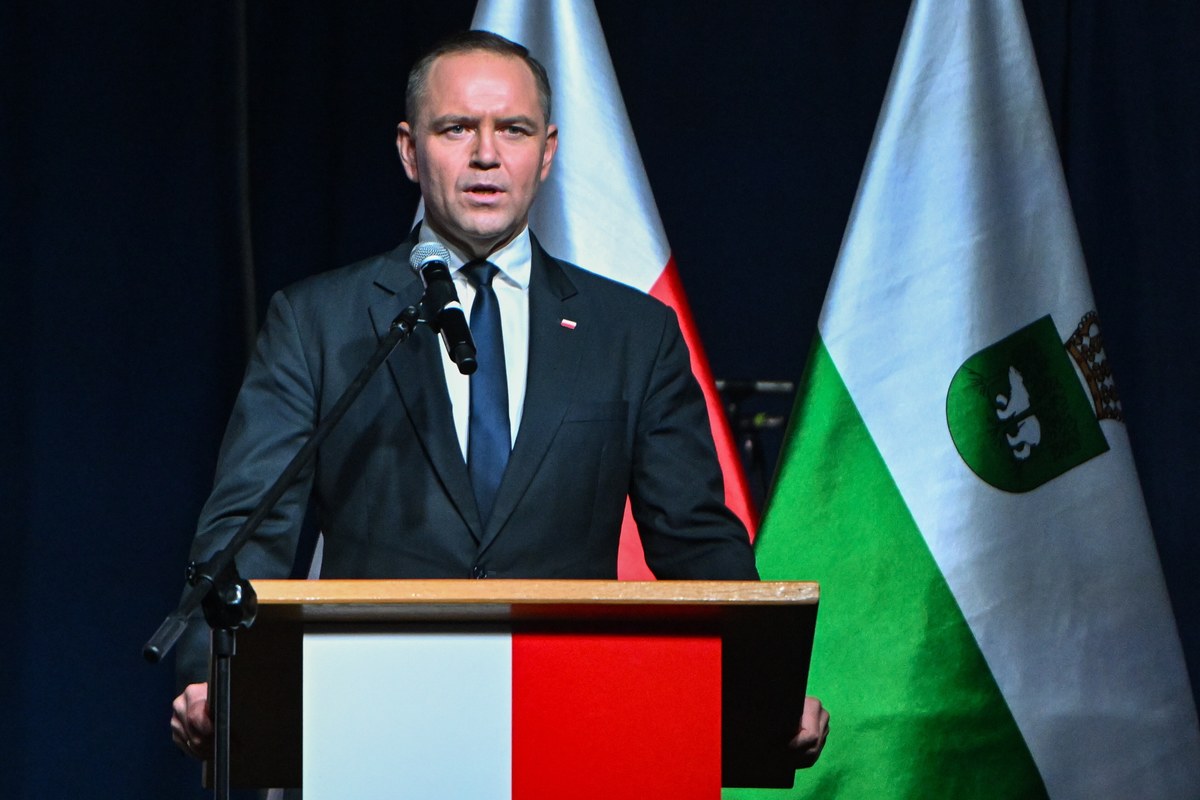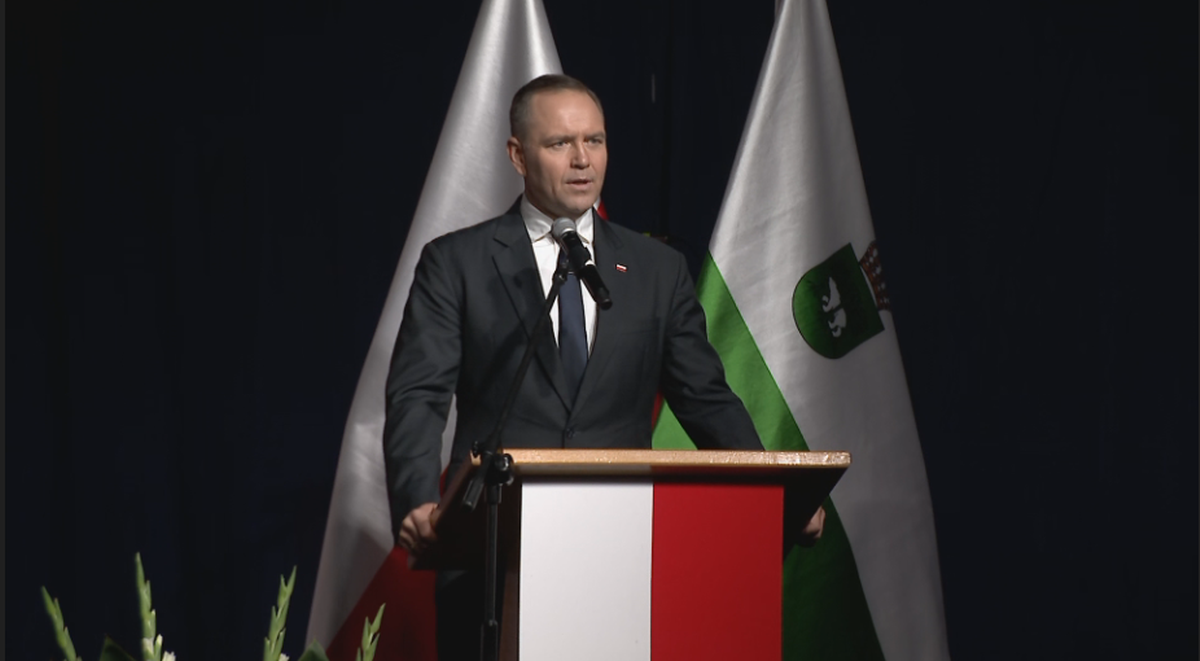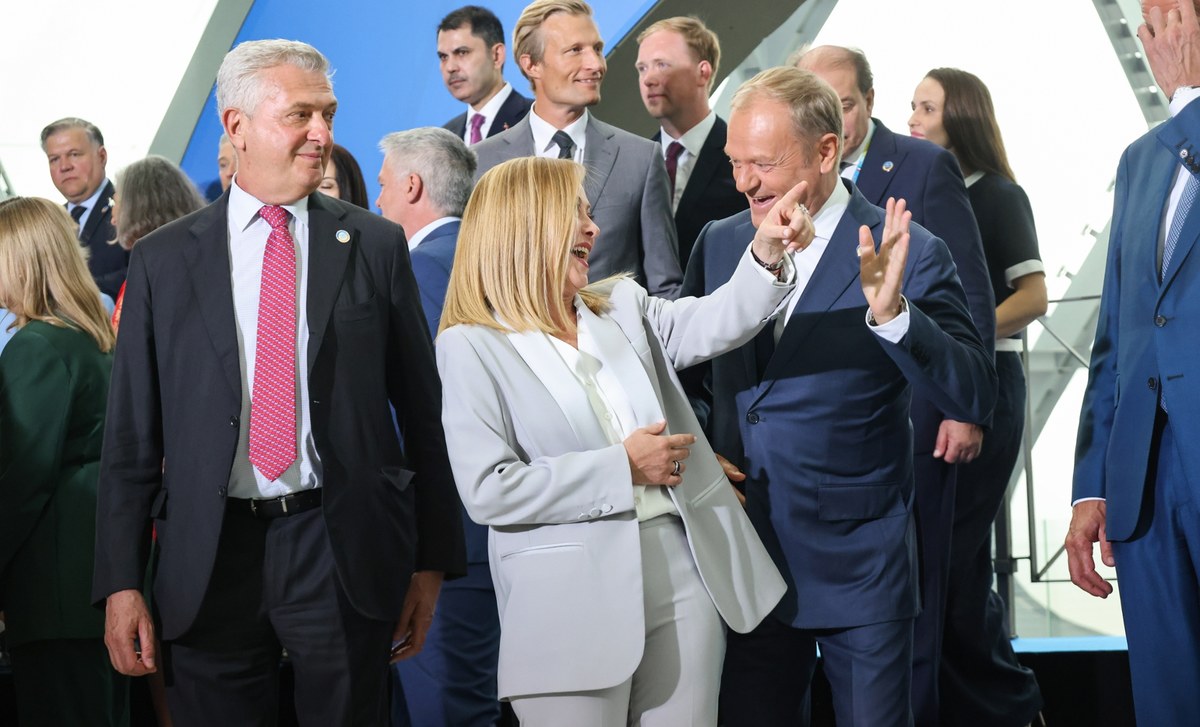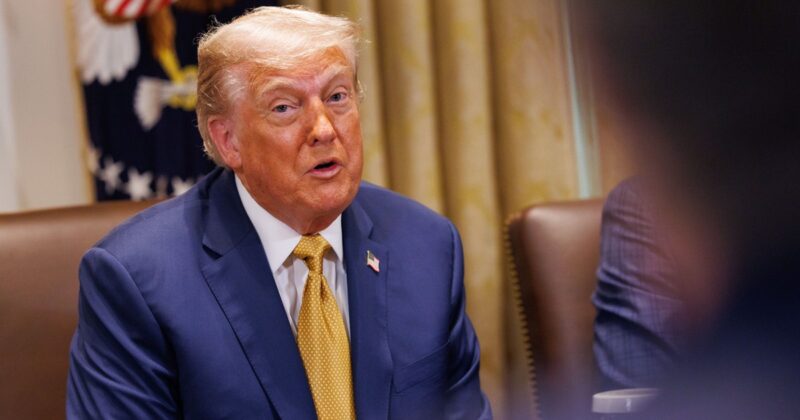AUTHOR: TYLER DURDEN
Russia's invasion of Ukraine has revived US and EU interest in Central Asia.
China overshadowed Russia as the largest trading partner of the region.
Trade in Central Asia is diversifying from Russia to the West.
The large Game plays again in Central Asia, but receives a fresh name and adopts another set of rules. It's economics, not politics, that determines the conditions of the current rivalry of superpowers for influence in the region. – according to a study prepared by the Kazakh investigation institute.
There is simply a major difference that governs global competition in Central Asia in the 19th and 21st centuries: it is now regional countries, not outsiders, that have a greater impact on possible outcomes, according to the study entitled "The drive to multi-vectority through business diplomacy: a way for Central Asia". The study was published by Center for Applied investigation Talap.
"Region, who had previously been the theatre of the large Game in the confrontation of superpowers, now tries to become an chance zone" – read the report.
Like an unprovoked Russian attack on Ukraine in 2022 and the imposition of Western sanctions to punish Russian aggression altered the geopolitical dynamics of Central Asia, reviving the interest of the US and the European Union in this region. Consequently, Russia's efforts have facilitated diversification of trade and investment, changing patterns of trade between the East and the West between China and Europe. The sanctions reduced the usefulness of the Northern Corridor by the Transsyberian Railway, while giving impetus to the improvement of the Central Corridor by Central Asia.
These changes moved the centre of the geoeconomic gravity of Central Asia. China overshadowed Russia as the region's largest trading partner, while the overall trend is towards diversification of trading partners. Western participation in Central Asia trade with current dynamics will proceed to grow.
"Dynamic trade and investment in the region points to a crucial change in diversification with non-traditional markets in Europe, North America, South Asia and the mediate East since 2022," says Talap report.
"This became possible thanks to a traditional, multi-vector policy towards the region, which, under the force of the escalation of conflicts, turned into a policy of decisive incompatibility – a decisive rejection of any engagement in conflict".
The study notes that contacts between the European Union and the countries of Central Asia have "became peculiarly dynamic" since the beginning of the Russian-Ukrainian War.
He besides notes that public opinion in the region indicates that most of the people of the region do not want to be drawn into the Western confrontation with Russia, supported by China.
The prevailing circumstances forced Central Asian countries to "balance the real interest in developing ties with the Western world, surrounded by Iran, Afghanistan, China and Russia, countries with which the West has strained and even strained relations," the study states.
Maximising multi-vectorial economics will require any work by Central Asian governments to increase regional business climate predictability. The vaguely defined trade rules and property rights, together with the failure of regional judicial systems, stay major obstacles to western investment. The investment barrier is besides the deficiency of enforcement mechanisms or corporate dispute resolution. In addition to strengthening the independency of the judiciary system, the Talapa study recommends reforms of regional taxation codes to support more "fair" business environments.
"The investment climate in Central Asia reflects the hard balance between the determination of governments to exploit increasing interest in the region and the inertia of organization barriers," the study states.
"To take advantage of these opportunities, the countries of the region must address existing organization and regulatory barriers for both home and global firms and investors, strengthen the regulation of law, enforce fair and open competition, implement business-friendly taxation rules and adapt trade, customs and logistics standards".


